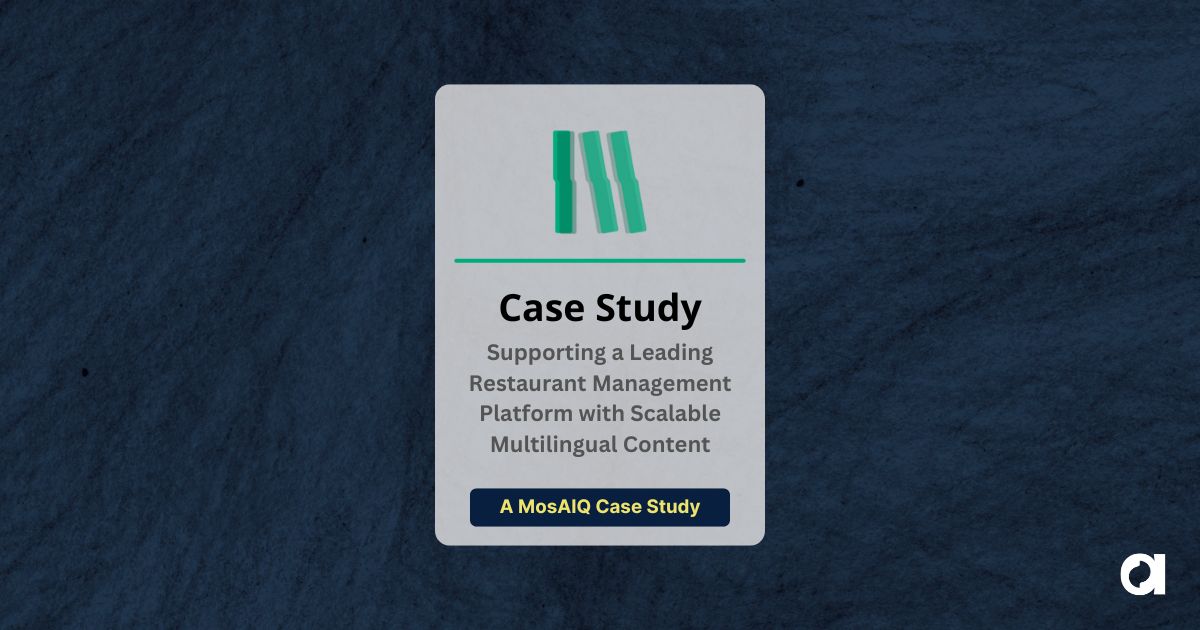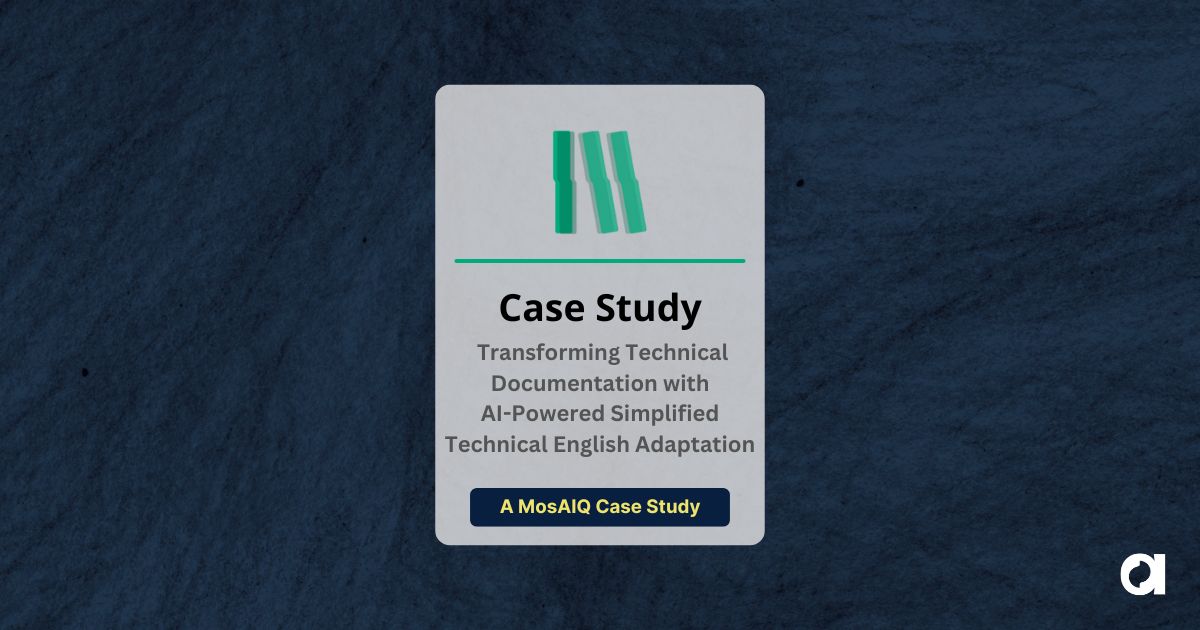Everyone knows the obvious answers, but there are probably a few situations you may not have considered that are worth looking at in detail.
For the purposes of this blog post, we’ll define certified translations as documents that have been signed off on by a translator as a guarantee that the contents are reliable and accurate. The translation and the original document are usually submitted to the relevant official body along with a signed note of certification. Depending on the country and situation, the translation may need a notary public to notarize it. A document could either require certified translation or simply a “Certificate of Accuracy.”
The usual
There are a variety of common situations where certified translations are needed. These include:
- Legal paperwork, such as documentation used in trials or hearings.
- Business/corporate documentation – corporations with international offices or businesses looking to increase their international visibility need certified translations of documents such as patent filings, financial reports, and contracts.
- Immigration-related documents – for anyone applying for residency (or even a temporary visitor’s permit) in a foreign country, all documents submitted (including birth certificates and marriage licenses) will probably need to be in the country’s official language, and those translations will need to be certified.
The less usual
- Many countries will insist that any commercial certificates and licenses (health and safety certifications, computer courses, driving licenses, etc.) gained in other countries be submitted in that country’s native language.
- Anyone seeking employment in a foreign country should have certified translations of any criminal record checks, bailiff’s notifications, or similar documents.
- Students applying to international educational establishments will need to have any transcripts, diplomas, and application essays translated and certified.
Our approach
Certified translations at Argos Multilingual are created by our best-qualified and most experienced translators. All work goes through our rigorous quality control process to make sure that the translation is accurate and in the same format as the original. We hold an ISO 17100:2015 certification (issued to translation service providers that have core processes, resources, and other aspects of business in place that enable quality translation services) and we’re also one of a handful of global translation companies with the EN ISO 13485:2016 certification specific to medical device quality assurance processes. To find out more, contact us.
Want to know more?
 Argos Multilingual
4 min. read
Argos Multilingual
4 min. read
Translation may not be the first field of expression that comes to mind when you think of creativity, but it should – a good translator is constantly seeking a balance between multiple cultures, languages, and mindsets. Contrary to popular belief, the job of a translator is not limited to getting the counterpart of each word […]

 Argos Multilingual
5 min. read
Argos Multilingual
5 min. read
There are nearly as many requirements for medical device translations as there are countries in the world. We’ve invited Karla Haynes of Global Simple, LLC to shed some light on what you can expect when it’s time to go global. When considering your language requirements for medical device translations, you’ll need to consider two different […]











